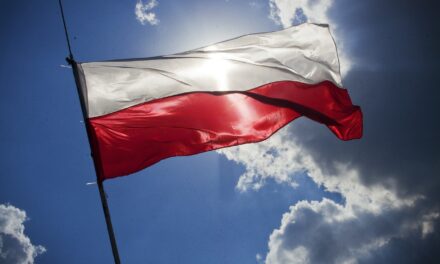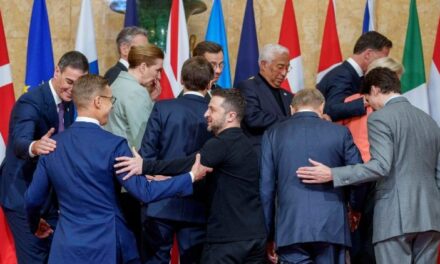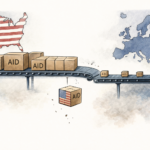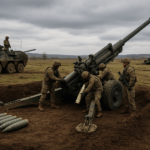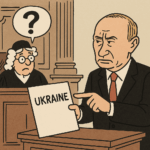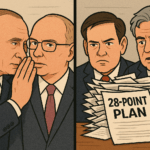A recent publication by Craig Kennedy, a former banker and fellow at the American Center for Russian and Eurasian Studies at Harvard University, highlights the unsustainable nature of Russia’s military spending and its potential economic repercussions. Kennedy argues that Moscow’s military expenditures exceed its official budget, which could lead to severe financial strain on corporations and banks, ultimately jeopardizing Russia’s negotiating position.
Kennedy reveals that Moscow secretly finances approximately half of its military costs through significant borrowing, compelling banks to issue loans outside standard market terms to support enterprises involved in wartime production. This workaround allows Russia to maintain its official defense budget at a seemingly stable level, misleading analysts into believing that the Kremlin’s financial situation is not precarious.
Since mid-2022, this off-budget financing mechanism has resulted in a dramatic increase in corporate borrowing, totaling around $415 billion. Of this, $210-250 billion represents soft loans from banks to defense contractors, many of which have poor credit ratings, intended to fund war-related goods and services.
While the initial impact of this scheme aided Moscow by keeping the official defense budget manageable, Kennedy indicates that reliance on forced lending is beginning to produce adverse effects, including inflationary pressures and rising interest rates, which could precipitate a systemic credit crisis. The longer Moscow delays a ceasefire, the greater the likelihood of a financial crisis requiring bailouts for corporations and banks. This situation could diminish Moscow’s leverage in any future negotiations.
Ultimately, as the economic strain on the Russian economy and its military efforts continues, uncertainty grows regarding President Vladimir Putin’s ability to sustain the war in the long term, potentially providing Ukraine and its allies with unexpected leverage in upcoming diplomatic discussions.
Read more at Ukrinform


